The ocean is a massive, mysterious place filled with hundreds of thousands of marine species. But have you ever wondered what the most dangerous sea animals are? We have all the answers right here.
Box Jellyfish
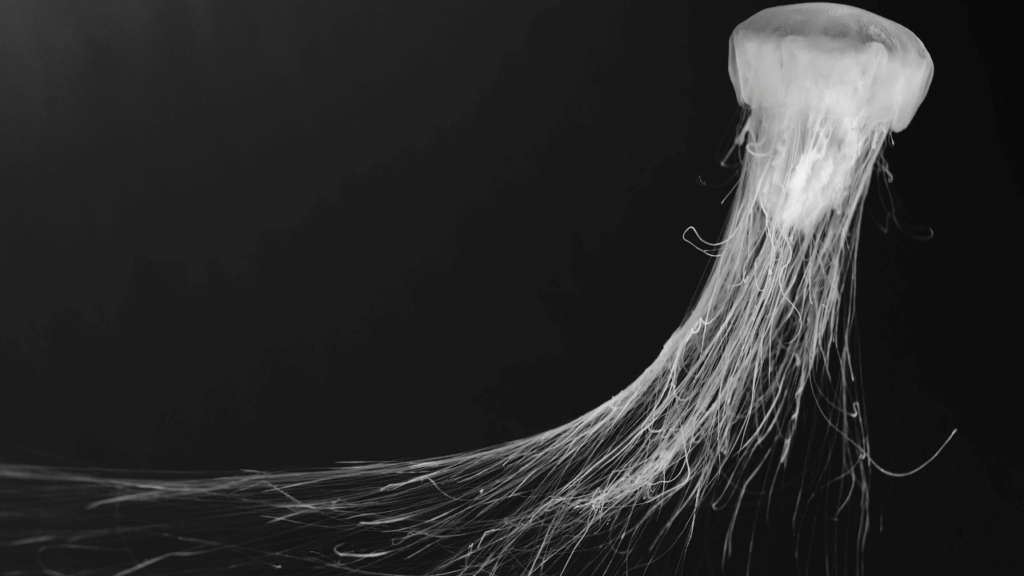
Although not all jellyfish have toxic poison, 50 different species are venomous. The most toxic jellyfish are known to live in the Indo-Pacific area and northern Australia. Australian box jellyfish are notorious are the most venomous creatures in the ocean. Minutes after a string from one of these, you will experience paralysis, cardiac arrest, and possible fatality.
Crocodiles
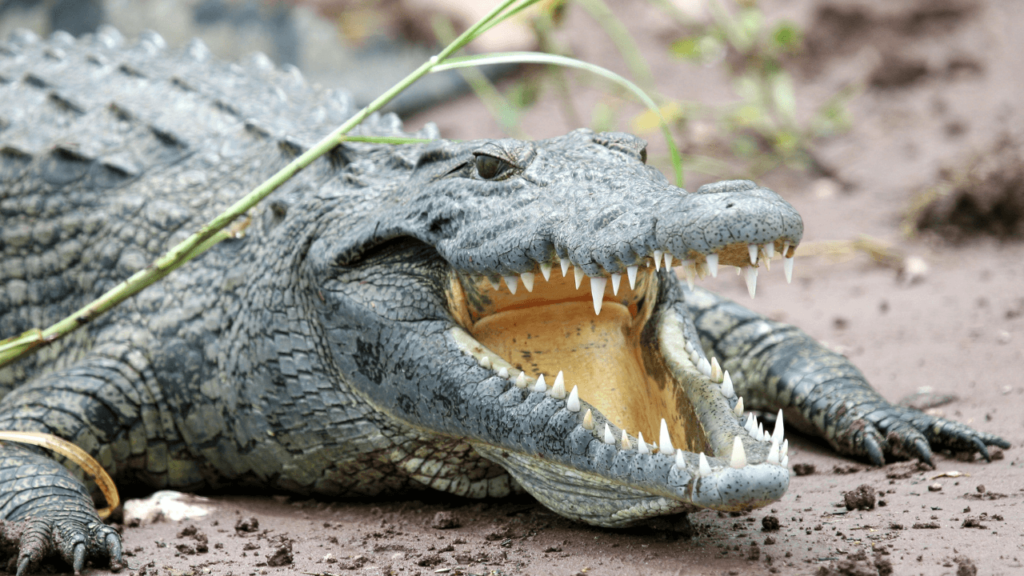
Crocodiles are incredibly sneaky. Their victims are usually dragged underwater before they even realize it. If you see a crocodile in the wild, it’s best to run in a straight line to avoid being attacked.
Stonefish
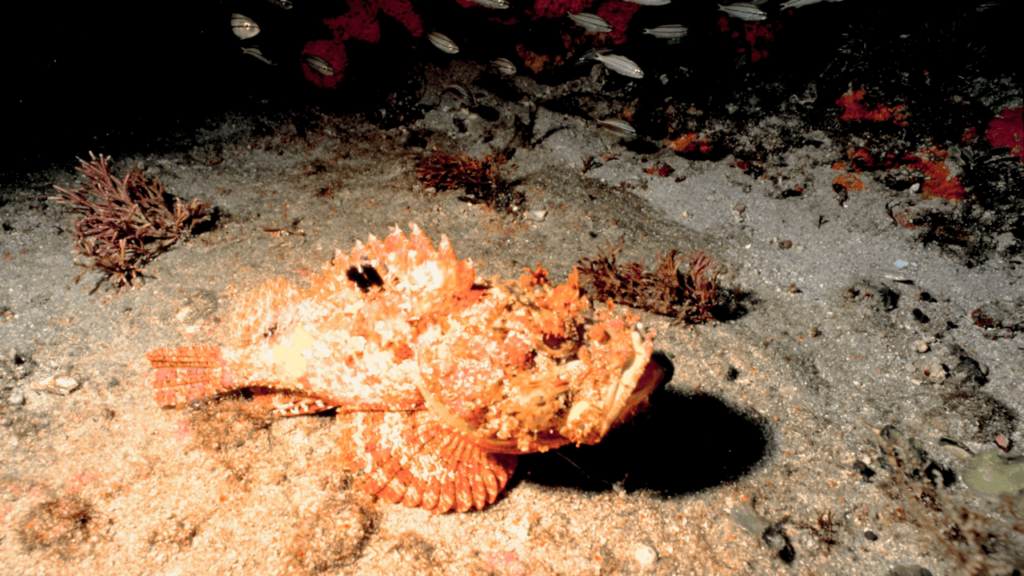
Stonefish look exactly like coral or rock, making it hard to see them when you’re swimming in the ocean. If you are stung by one of these fish, you will experience horrible pain, heart problems, breathing issues, paralysis, and rarely death.
Great White Sharks
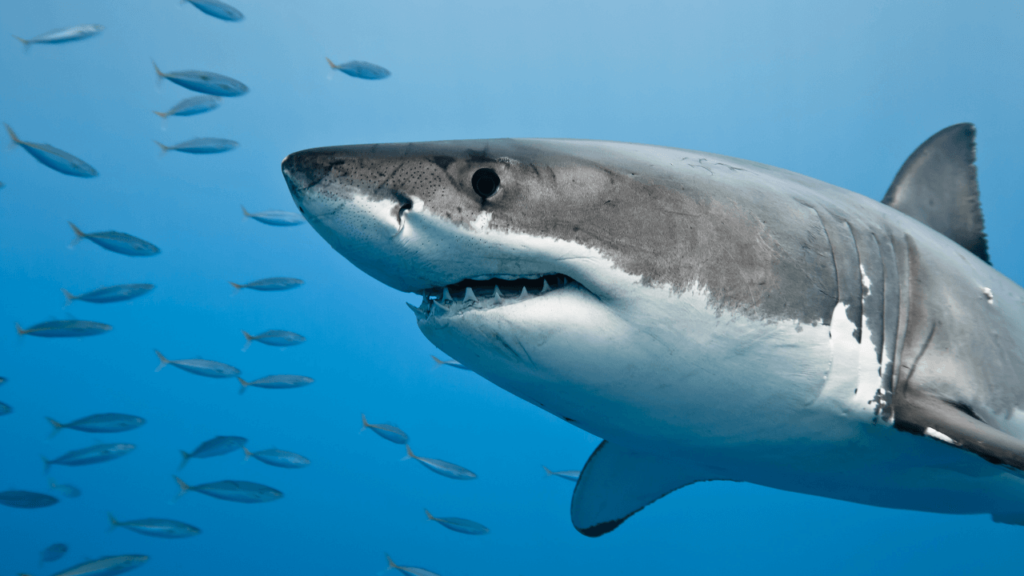
Although sharks are dangerous, they are actually one of the least dangerous predators in the sea when it comes to humans. The main issue is surfers. Because of their poor eyesight, a surfboard looks like a fin to them. For this reason, they sometimes attack surfers.
Cone Snails
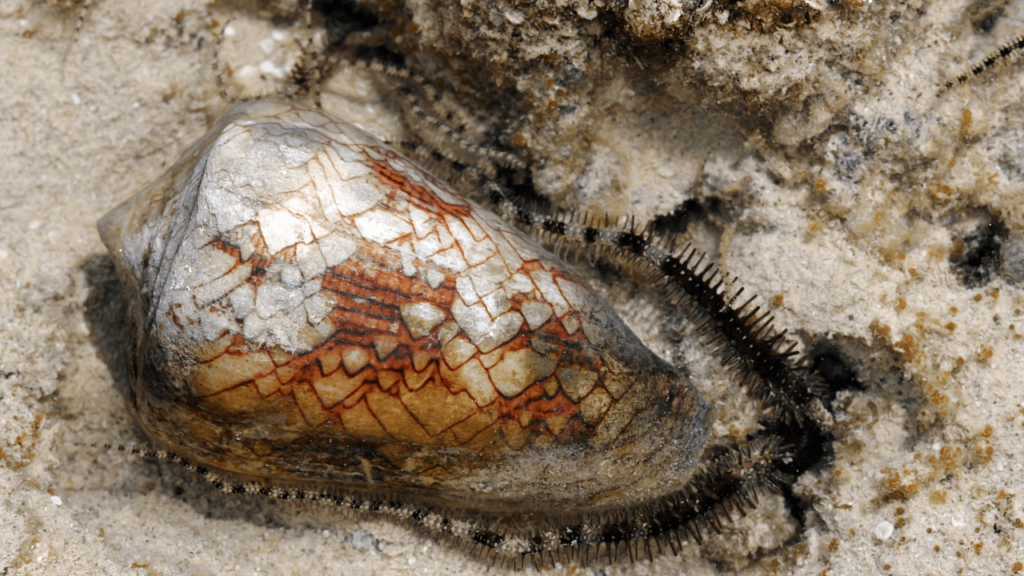
When looking for shells in the ocean’s depths, it’s important to keep an eye out for the cone snail. There are over 700 types of cone snails, and they are all toxic to humans. After being stung, you will experience numbness, pain, swelling, and difficulty breathing, talking, seeing, and hearing.
Blue Ringed Octopus
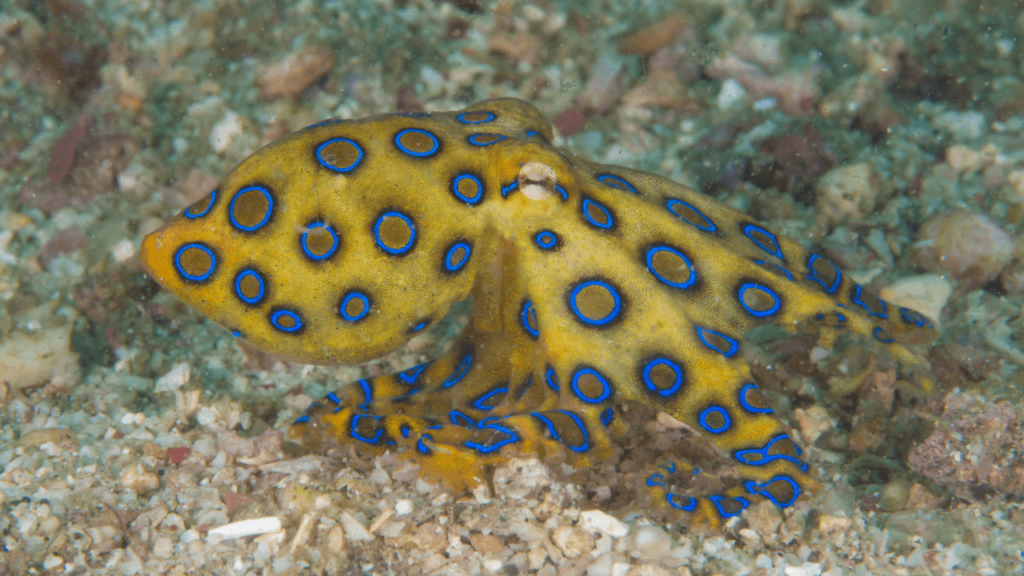
The Blue Ringed octopus’s toxicity comes from the bacteria in its salivary glands, but luckily, it only stings as a defense. As long as you aren’t bothering it, it will leave you alone. Stings result in immediate paralysis, but they don’t often cause death.
Beaked Sea Snakes
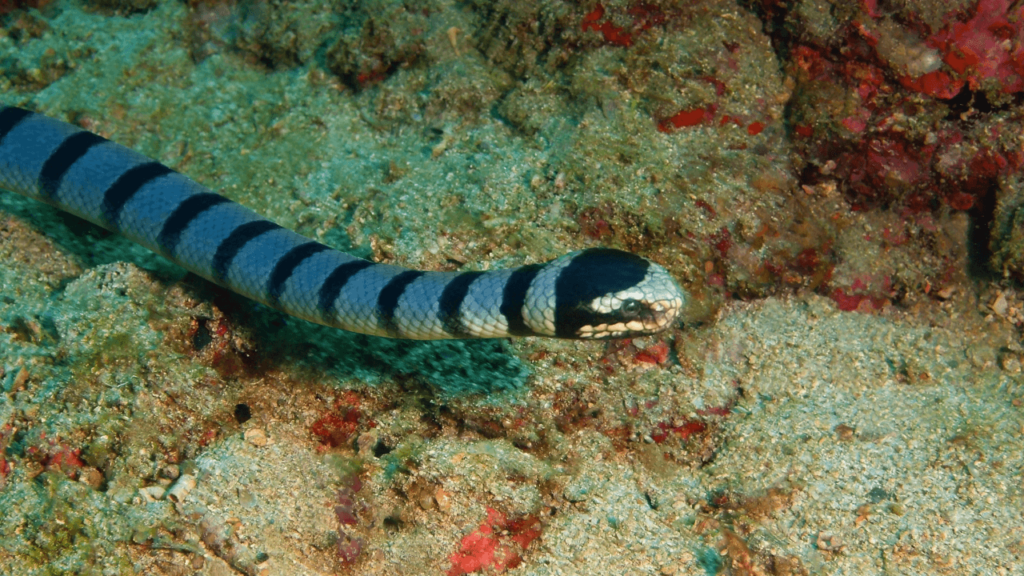
The venom in these snakes is comprised of a deadly combo of neurotoxins and mycotoxins. The beaked sea snake is responsible for 90% of snake-related deaths. Although their bites aren’t very painful, you might experience paralysis and breathing issues.
Electric Eels
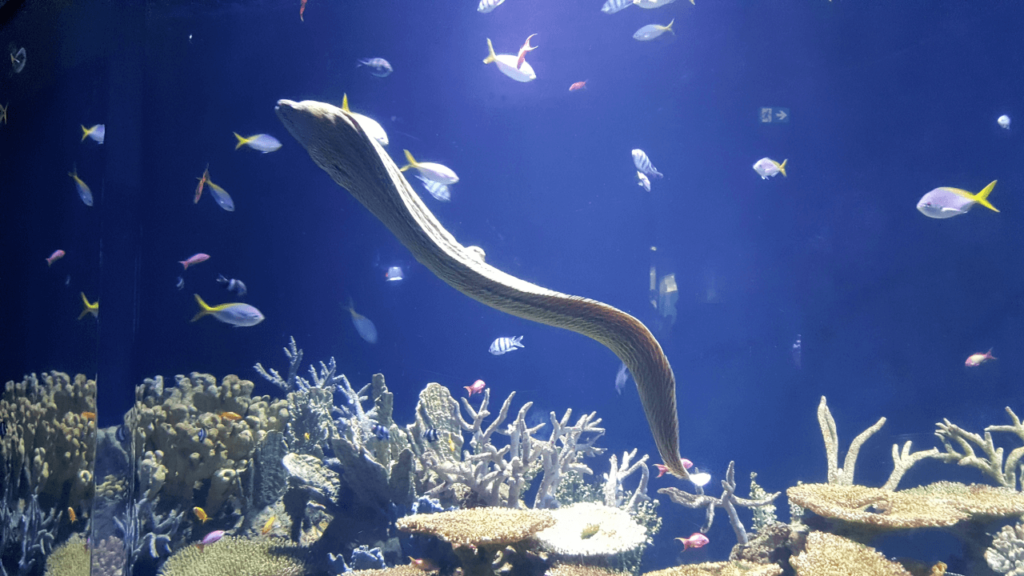
Electric eels can grow up to eight feet long, which can be a menacing sight. They use electric charges to injure their prey, but luckily, death among humans is very rare. Their attacks may result in trouble breathing and even heart failure.
Lionfish
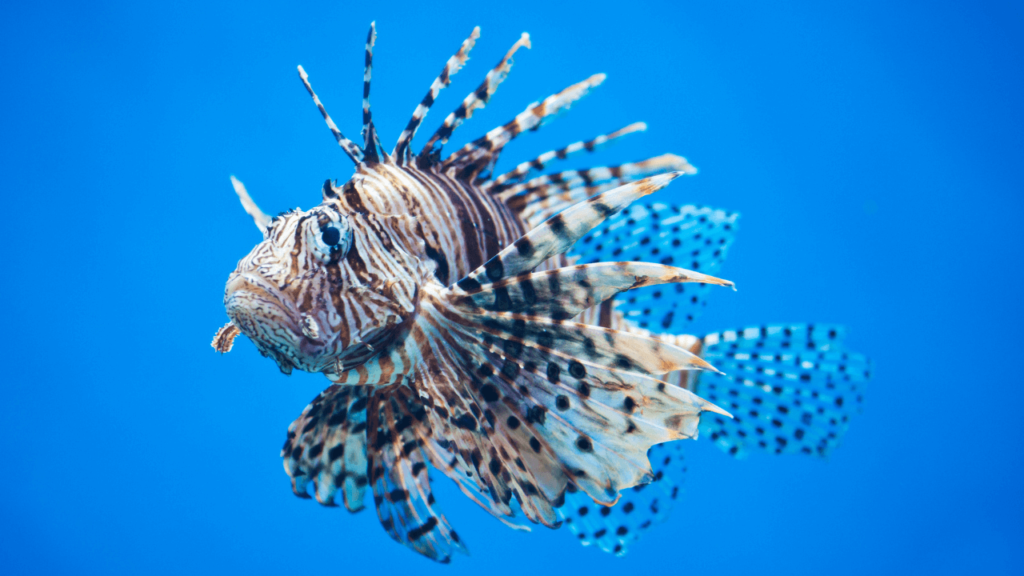
Each of the Lionfish’s spines contains venom, and their stings are extremely painful. The biggest threat these fish pose is the risk of shock or infection of the wounds they cause. If you are ever stung by one, douse the wound in the hottest water you can manage.
Tiger Shark
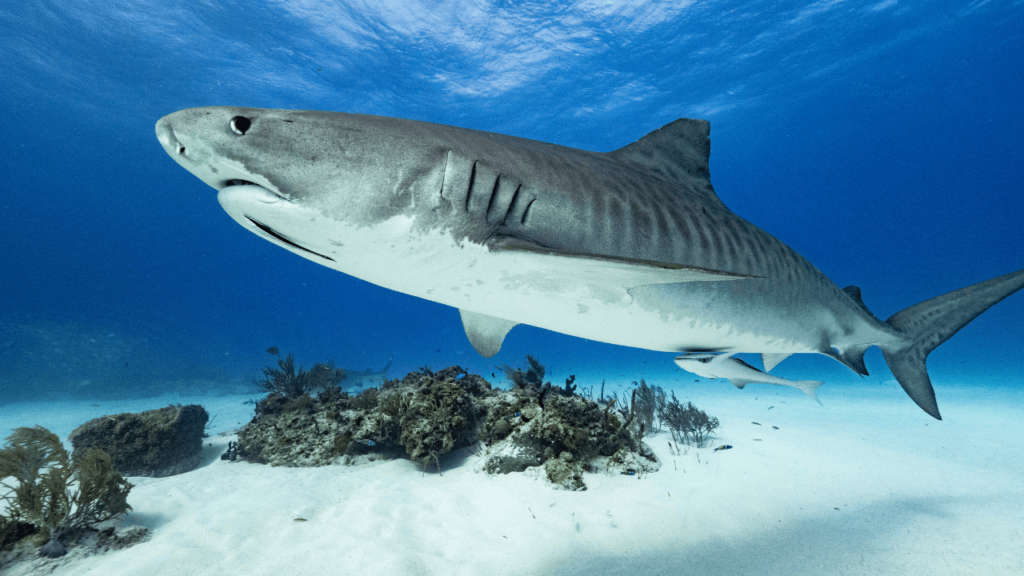
Tiger sharks aren’t necessarily aggressive, but their attack numbers are still the second highest of any shark species. They have very shark jaws and many sharp teeth. It’s best to avoid these if you ever go deep-sea diving.







